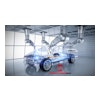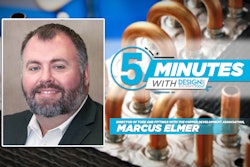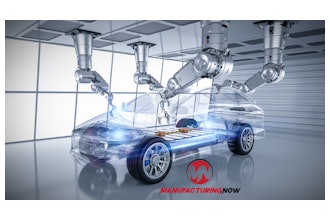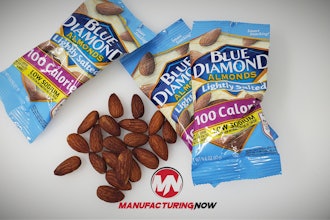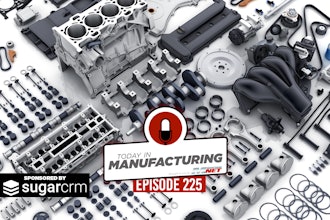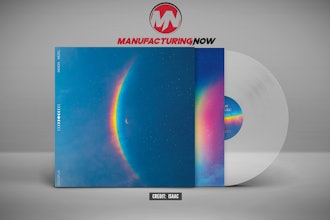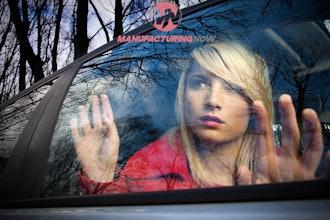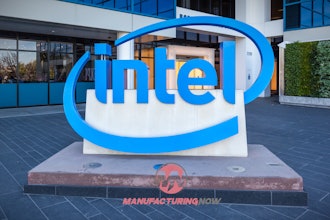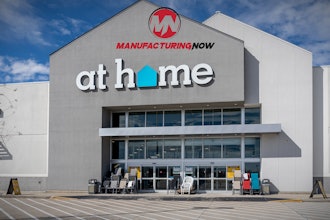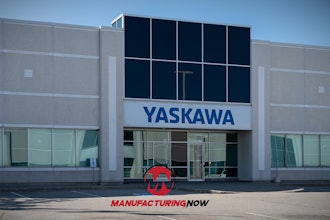Based in Stamford, Connecticut, Crane Company designs and manufactures industrial products that make their way into multiple markets, everything from aerospace to oil and gas. Unfortunately, two products in the lineup recently got the company into a bit of hot water with the U.S. Navy.
This week, the Department of Justice announced that the company has agreed to a more than $4.5 million settlement to resolve allegations that it sold unqualified valves to the military for use in U.S. Navy ships. The issue came to light after Corla Jacobson, a former Crane employee, filed a whistleblower lawsuit.
According to the DOJ, from May 2011 through September 2017, Crane supplied military shipbuilders with butterfly valves with reinforced Teflon seats. From May 2011 to September 2015, Crane also provided valves with Monel bolting on the valve assembly. Crane said the parts complied with Mil-Spec requirements, and government contractors used them on Navy ships.
Jacobson, a quality manager at Crane, filed the whistleblower lawsuit on May 10, 2017, alleging that the company violated the False Claims Act (FCA) by selling valves that didn't comply with the applicable Mil-Spec or Qualified Products List (QPL) requirements. Specifically, Jacobson alleged that:
- Crane used unapproved components in the valves
- Crane had not retained the approved drawings for the valves
- Crane's subcontractors provided out-of-tolerance parts
- Crane's valves did not meet the metallurgical requirements
- Crane's manufacturing processes did not meet the quality control requirements; and
- Some of Crane's Mil-Spec valves failed testing or were defective.
In the end, Crane supplied 107 RTFE seat valves and 3,672 unapproved Monel bolting valves that were noncompliant.
Crane will pay the United States $4,503,832. Once the U.S. receives its cut, whistleblower Corla Jacobson will receive $855,728.
The QPL program prohibits changes to materials in approved parts without agency approval. Every two years, Crane certified compliance with the QPL program.
While the company will pay more than $4.5 million for the settlement, the lawsuit's claims remain allegations only, and there is no determination of liability.


